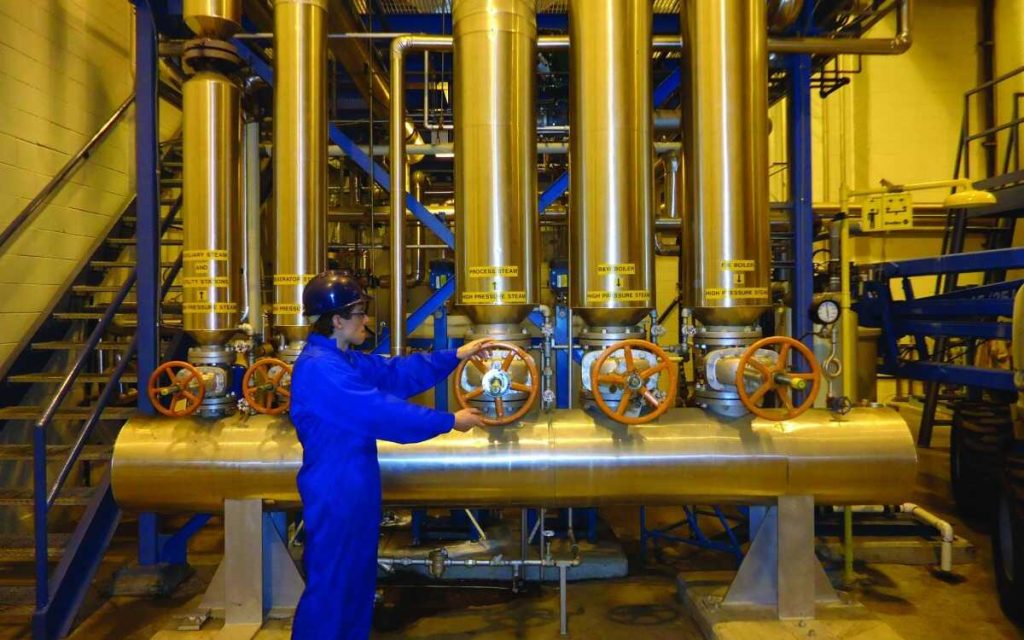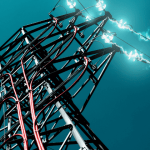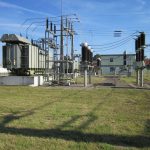A power engineer, also called a stationary engineer, is a technically skilled and certified professional who is responsible for the operation, maintenance, renovation, and repair of boiler systems and other mechanical systems in a facility. Power engineers work in a wide variety of industrial and commercial facilities. They ensure that equipment and processes operate safely and efficiently within the facility’s established limits.
What does a Power Engineer do?
Almost all industrial complexes and larger commercial and public buildings have a system of support utilities, which includes equipment that requires certified power engineers to operate. This could range from a single boiler to a complex system of boilers, electrical generators, steam and gas turbines, pressure vessels, refrigeration, and air conditioning.
A power engineer may be in charge of the maintenance, repair, and operation of all the mechanical systems in a building, industrial power plant, or engine room. A chief power engineer may direct the work of assistant power engineers, boiler tenders, turbine operators, and air-conditioning and refrigeration operators and mechanics. In a small building or industrial plant, there may be only one power engineer at a time who will be responsible for the entire operation and maintenance of the building or facility.
Power engineers perform work on the following systems:
· boilers and steam systems
· heating, ventilating and air conditioning systems
· building automation systems
· diesel engines
· turbines, generators
· pumps, piping and compressed gas systems
· refrigeration and electrical systems
Practical responsibilities also extend to auxiliary equipment, such as pumps, compressors, electrical generators, motors, steam turbines, gas turbines, heat exchangers, condensers, cooling towers, water treatment systems, etc.
Routine checks are made on all safety devices, with the power engineer identifying and correcting any trouble that develops. Meters, gauges, and computerized controls are regularly monitored. Equipment is often manually controlled and any necessary adjustments are made. Potential mechanical problems can often be detected by observing and listening to the pitch of the machinery.
Depending on what is required, power engineers start up, regulate, repair and shut down equipment. Maintenance and repair work can range from a complete overhaul to simply replacing defective parts, such as pumps, motors, bearings, gaskets, or valves. Routine maintenance is also done, like replacing filters, removing corrosion or harmful deposits, and lubricating moving parts.
Record keeping is important, and any relevant events and facts concerning the maintenance and operation of the equipment is kept in a log. For example, on steam boilers, the power engineer will observe, control, and record steam pressure, water level, temperature, fuel consumption, and power output.
What is the workplace of a Power Engineer like?
Power engineers serve many different industries. They are employed in schools, universities, hospitals, hotels, apartment buildings, shopping malls, airports, power generation stations/plants, mines, industrial and manufacturing plants, refineries, pulp mills, food production plants, breweries, co-generation plants, petrochemical plants, office and commercial buildings, government facilities and other workplaces.
Power engineers typically work shifts, and occasionally work on weekends and holidays.


